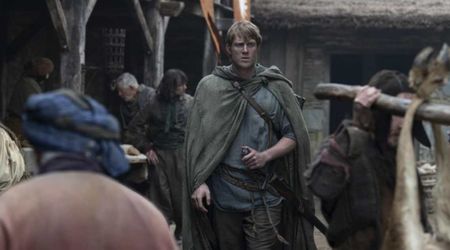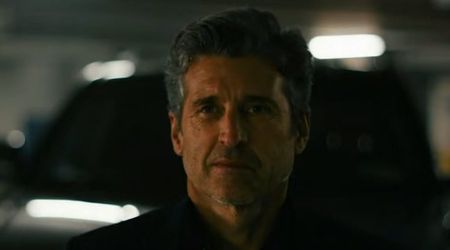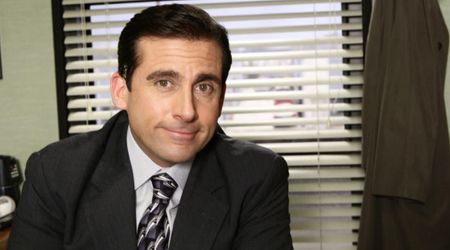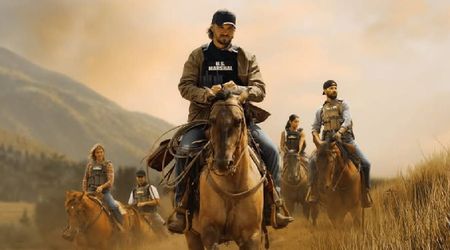Natalie Wood was a feminist and LGBT ally, fought for equal pay in Hollywood: 'She was ahead of her time'

'Natalie Wood: What Remains Behind' is a candid account of the life and career of late actress Natalie Wood. The HBO documentary recounts the stories of Wood through the eyes of her daughter, Natasha Gregson Wagner, and her close friends who loved her dearly.
Natalie Wood was many things if not only a talented and charming thespian - she was a charismatic woman, a loving wife and a doting mother. She loved her life, her family and her career. But what most people would be unaware of is the fact that the 'Splendour in the Grass' actress was also an LGBT ally, and an activist, who in her own way, was ahead of her time. Wood fought for the right to control her career and demanded equal pay corresponding with the men in the industry, at a time when Hollywood looked down upon women and what they could bring to the table.
“I think people can take away that she was very brave, very ahead of her time,” Wood's daughter, Natasha Gregson Wagner told The Advocate. “I think she had a great life, and I think she strived to have a great life. She was stronger than everybody, as my godfather Mart Crowley told me.” Crowley was a playwright and a close friend of Wood, whose most notable work in 'The Boys in the Band' (1968), which first gave straight Americans a glimpse into the lives of queer men. It was Wood who encouraged him to write the play, and in the meantime hired him as her assistant so he'd have an income to get him by.

“I was raised around gay men,” said Gregson Wagner. Wood welcomed Crowley and another gay man Howard Jeffrey, a producer, and choreographer, to her guesthouse, and even chose them to be her children's godparent and guardians, should the need arise. Wood also had other gay friends, including actor Roddy McDowall. Gregson Wagner believes that if her mother were still alive today, she would observe and encourage the growth of the LGBT movement. “She would have been at the forefront. She would be waving the rainbow flag with the best of them,” she said.
“You could feel in her films the things she was struggling with,” said Laurent Bouzereau, the director of the documentary, who also happens to be gay and an ardent fan of Natalie Wood. “They defined her as an icon amongst gay men and the whole community.”
Furthermore, Wood was rightfully an activist for the rights of women in Hollywood. The industry had been rather male-dominated and women weren't fairly treated equivalent to men. Wood felt strongly about the inequalities and rebelled against this. While filming 'The Great Race', she learned that she wasn't getting the same pay and benefits as her male counterparts in the film, Jack Lemmon and Tony Curtis. “She went to all kinds of extremes to make sure that everything was equal down to the length of the phone cord in their rooms,” noted Gregson Wagner in the documentary.

Standing up for her own rights wasn't entirely new to her, for she had pursued her role in 'Rebel Without a Cause', despite her mother's objections. In the 1950s, while she was under a contract with Warner Bros, she protested against the film studio's autonomy over the decision of the roles assigned to her. She won the right to do one film of her choosing, every year, the first of which was 'West Side Story', which catapulted her to fame and cemented her status as an international icon. Gregson Wagner said had her mother lived longer, she would have advocated women's rights and kept fighting for women to have power in the industry. She had plans of establishing herself as a director and would have also probably gone on to author a book
'Natalie Wood: What Remains Behind' premiered on 5 May, at 9 pm on HBO Max.










